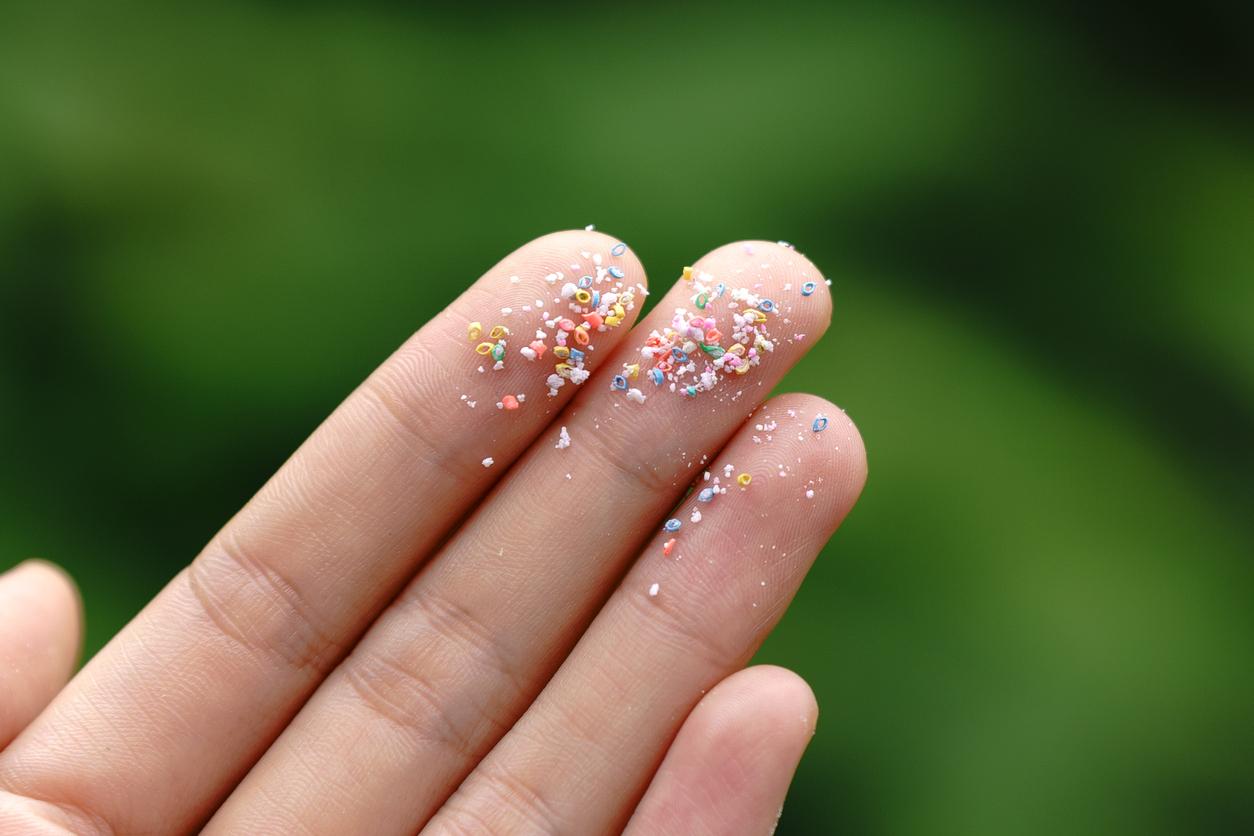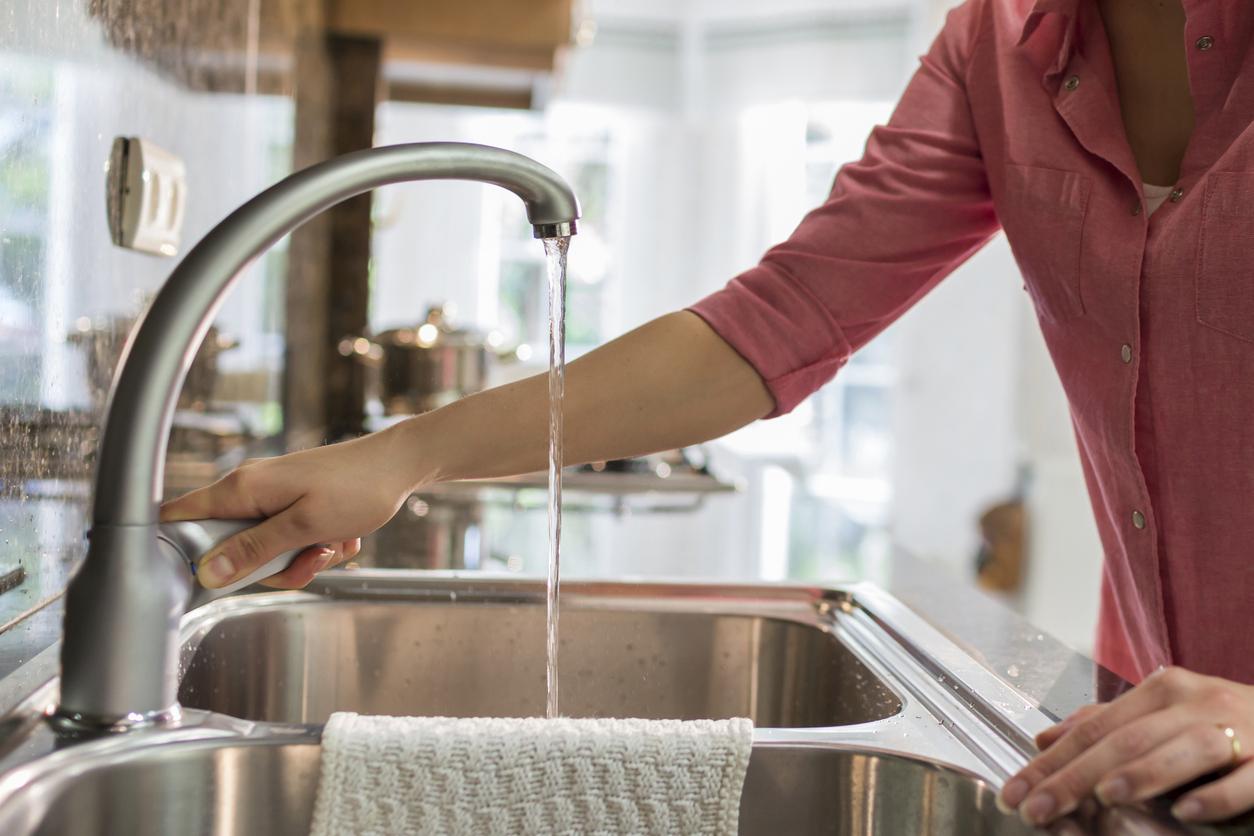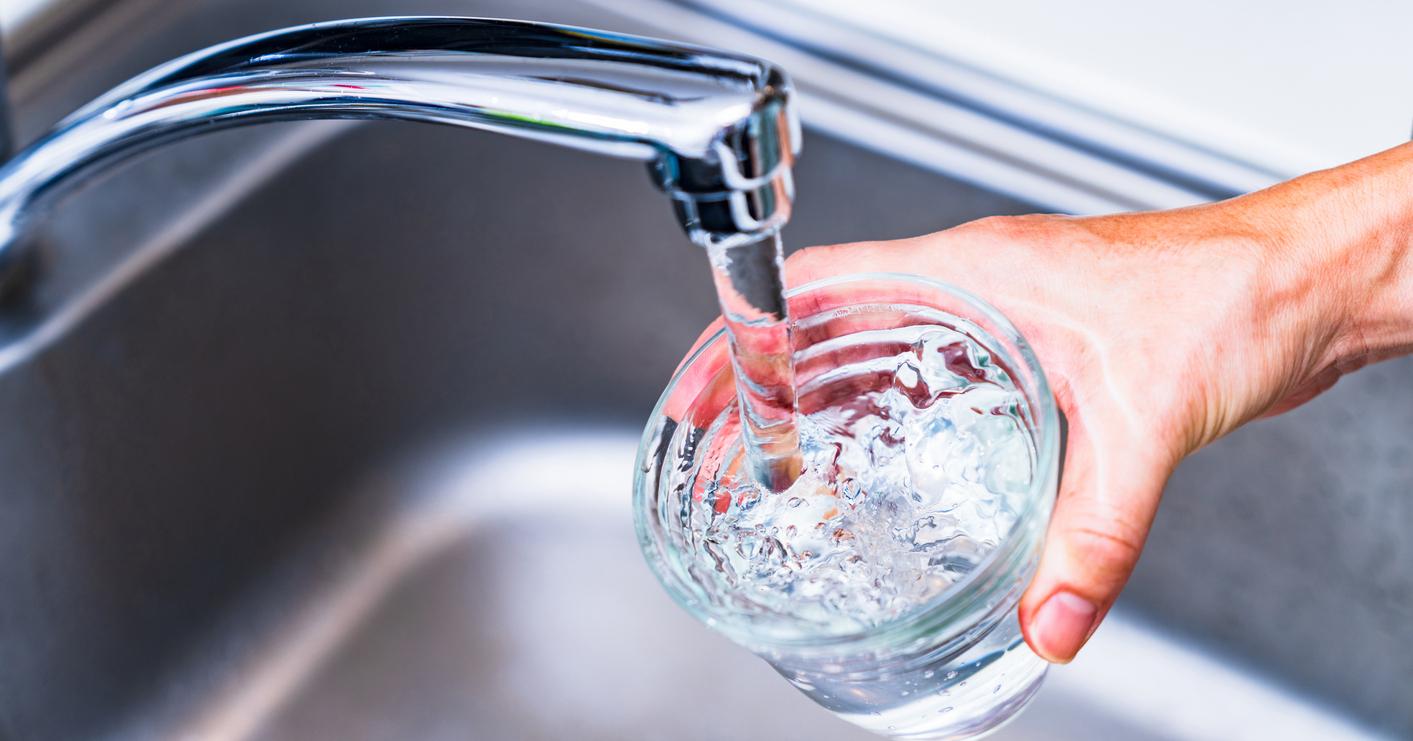An expert gives tips for eating and maintaining your home while avoiding microplastics, which surround us and harm our health.

- Microplastics are made of toxic chemicals (bisphenol A, phthalates, PFAS), which “can mimic hormones”, increase the risk of “infertility” and “cancer”.
- A researcher recommends no longer putting plastic in the microwave, because the heat causes “plastic to release harmful chemicals.”
- For cleaning, she recommends using baking soda or vinegar and water.
They are found in the food we eat, the air we breathe and the water we drink. Microplastics, which are 70 times smaller than the thickness of a human hair, represent a health hazard. These generally come from the degradation of plastics. So, they can be made of toxic chemicals, such as BPA (bisphenol A), “forever chemicals” like phthalates or per- and polyfluoroalkyl substances (PFAS).
“These toxic chemical compounds can mimic hormones, the body’s chemical messengers controlling processes such as reproduction, growth and metabolism. Exposure to these substances has been shown to increase the risk of everything from infertility to weaker fetal development and cancer”, reported Tracey Woodruff, professor of obstetrics, gynecology and reproductive sciences at the University of California, San Francisco (United States). In a statementshe revealed how she changed her eating and cleaning habits to be less exposed to microplastics.
Microwave: “Heat causes plastic to release harmful chemicals”
The researcher explained that she no longer puts plastic objects, for example baby bottles, in the microwave. “Heat causes plastic to release harmful chemicals like BPA, so now I only microwave ceramic or glass items.” As for containers, the expert also only uses glass or steel bottles.
In terms of diet, she reduced her consumption of red meat, because several chemical substances are said to be present in fatty foods. “I buy organic whenever possible to reduce our exposure to pesticides. We live in the Bay Area, so it’s fortunate that we can shop at farmers markets, but not everyone can “This shows once again that we need to find ways to encourage everyone to have access to healthy food options.”
Use water, baking soda or vinegar to clean your house
When it comes to cleaning the house, Tracey Woodruff and her family use baking soda or vinegar and water. “These products work just as well as products you would buy off the shelf. Be careful, do not mix vinegar with chemical cleaners, such as bleach, which can create deadly chlorine gas,” she clarified. Another recommendation: have a vacuum cleaner equipped with a HEPA filter which absorbs all dust and particles.















